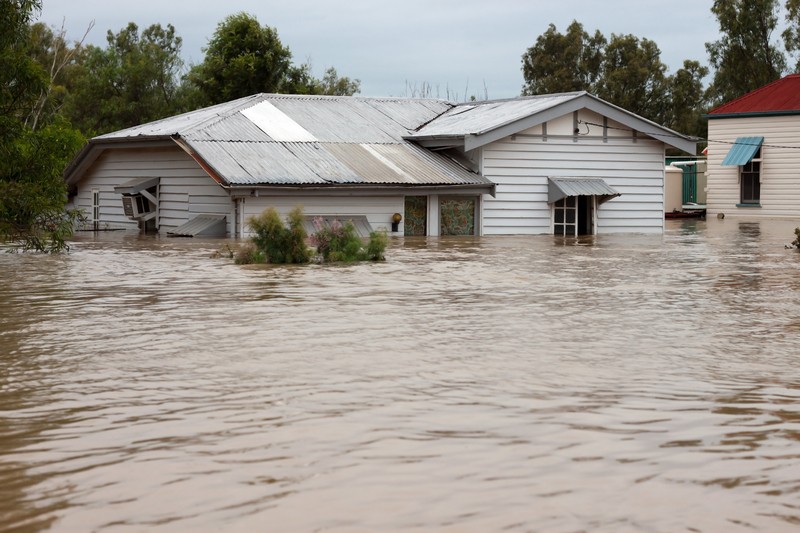Are you prepared for the next Katrina? Ready for a flood? How about a massive earthquake? While you can't always predict these disasters, you can still be prepared for them. Learn how below.
Preparing For A Flood
Like most natural disasters, flooding can affect anyone, regardless of where they live. Within the United States, it’s actually the most common type of natural disaster.
Ways To Protect Your Home
Seal the basement walls with waterproof compounds.
If possible, have a sump pump, as well as a backup one that operates on batteries.
Check and make sure that all electrical components are no less than 12 inches above any assumed flood levels. This will help prevent you from getting electrocuted.Tornado Watch
A tornado is a combination of wind and water that can travel anywhere from 250 to 300 miles per hour. Needless to say, a tornado can destroy any and everything it comes in contact with. Turning everyday household objects into dangerous projectiles that can kill people and damage property.
Schedule a home inspection to have your house and roof checked.
Make any repairs necessary in order to ensure your safety.Hurricane Season
Anytime a hurricane is approaching the coast, you will more than likely witness people scrambling to hardware stores buying whatever they can get their hands on. Although this may sound like a good idea, the reality is if you wait until a “hurricane watch” has been issued, you’re too late. During a hurricane, homes might get damaged or even destroyed by high winds and high waves.
Don’t Waste Time
First and foremost, don’t wait until a “hurricane watch” has been issued to the public before grabbing the hammer and nails.
Remove weak and dead trees or tree limbs located on your property.
Have a backup plan in case you have to evacuate your home. Also set aside some cash, and make a “grab” and “go” bag that has all your important paperwork, and personal information stored inside.
Lastly, make sure you have a battery-powered radio, so you can keep up with the latest news.Tectonic Plates Shifting (Earthquake Preparation)
These events happen along cracks within the earth’s surface called fault lines resulting in a release of energy that causes the earth to shift and move; shaking buildings, bridges, and homes. In the United States, earthquakes are more commonly known to occur throughout the western region, however, other states have been known to experience this disaster as well.
Don’t ignore the signs.
For heavy items that can fall over, secure them to a wall or floor.
Breakable items should also be moved closer to the floor or placed on lower shelves as well.
Check your foundation for cracks and any loose wires that may cause a fire. Unlike other natural disasters, earthquakes come without warning. Therefore, you should make repairs to your home immediately after inspection.
For families, make sure your children and other loved ones know the earthquake safety drills.
By far, flooding is your greatest concern because it can easily occur with every other natural disaster. An earthquake can rupture the water lines, a hurricane could overflow the coast, a tornado can bring rain and drain bodies of water to drop them on your property.
Knowing the risks you may face is step one of preparing for the worst. After that, do everything you can to minimize those risks.
This article is a great start toward achieving that goal, but if you want to know more you can go to American Preppers Network.
